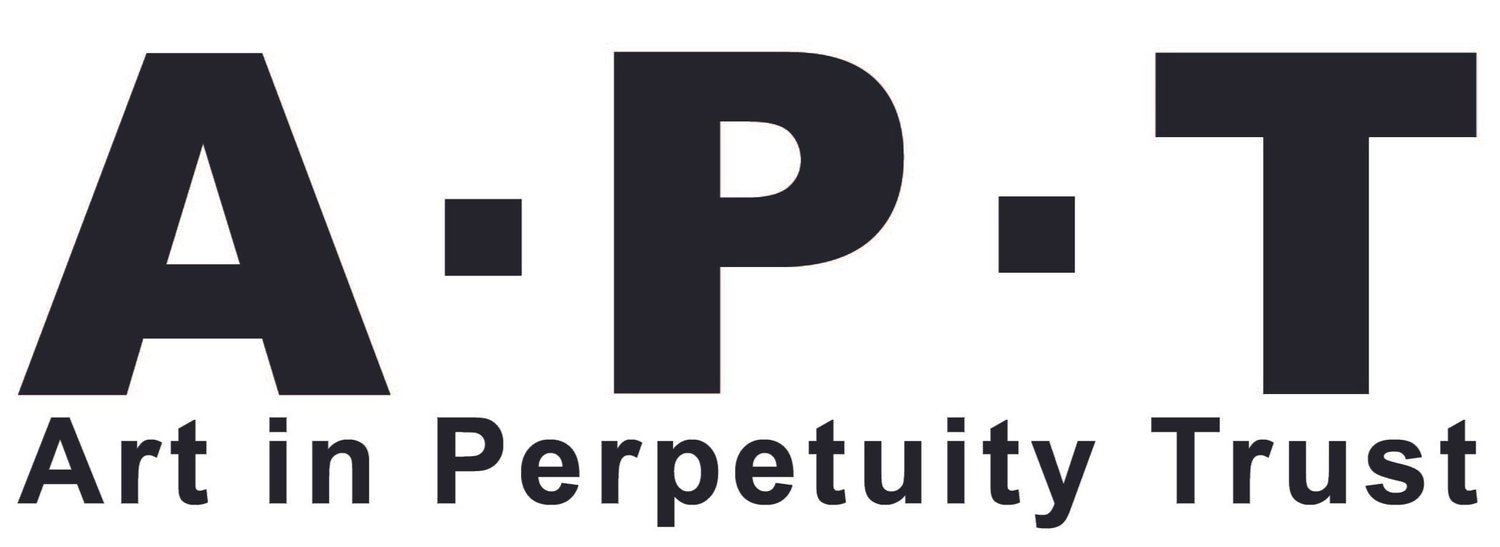JEFF DELLOW
Jeff Dellow is based in London and has been painting for over thirty years. He worked at Greenwich Studios from 1977 until it disbanded then moved to APT in 1995.
He began his career as a raw materials analyst for Rohm & Haas developing the new acrylic paints of the 1960s, before studying at St. Martin’s, Maidstone College of Art and The Slade. After working at many art schools part time, he became Head of Painting at Humberside in 1987 then took up his current post as Principal Lecturer in Fine Art, at Kingston University in 1988. He was an Athena Award prizewinner in 1988 and exhibited in the John Moores 1976, 1989 and 1991. He has exhibited at the Hayward Gallery, been in the Whitechapel Open also shows work in Europe, the USA and Africa.
“Painting seems to me to be a medium for active interpretation of what is shown and what is implied. Like other visual experiences in life, they may stimulate a sense in the viewer of calm, awe or even threat. In every aspect of life, we have to read situations and make an appropriate response. We have to be able to use an instinctive awareness of our environment to survive…” JD
Exit and Return, 2020 Acrylic on canvas
From the catalogue to the Visual Stream exhibition 2017 (words by Matthew Macaulay)
This way of working has achieved a level of intensity that has informed the way Dellow thinks about painting. He sees a parallel between this playful method and Gilles Deleuze’s concept of the actual and virtual. He suggests that the ‘actual’ contains alternative possibilities of how the painting could be developed or improved, these are ‘virtual’ ideas and give way to a ‘re-actualizing’ of a developed state. Dellow engages in finding a way to review composition progress, and finds that “this is often a way of refreshing the intention of the work.” He feels that there are similarities in this imaginative process with Karl Popper’s ideas of the growth of knowledge and the process of ‘becoming’ in the thinking of Deleuze.’
In her 2000 Phd thesis, Thinking in Painting : Gilles Deleuze and the revolution from representation to abstraction, Judy Purdom (University of Warwick) observes:
For Deleuze, the task of painting is therefore not to reveal the ontogenesis of the actual and the lived, but to extract the virtual and to embody it as a monument to that event'.
Of his paintings Dellow has said they are “an invitation to the viewer to enter a contemplative visual terrain one where the viewer can see the thinking in painting. I like the idea of a moving focus, a space for traversing a lateral scroll of elements. The variables in painting have always interested me and are a natural source for learning about the rightness of touch and preference of facture. Making paintings is a way of learning and doing.” Jeff Dellow 2020
LINKS
@jeffdellow >Instagram
Painters Today Podcast: The Actual & the Virtual: Jeff Dellow
Discussing his fascination with film and recent exhibitions 'Visual Stream' and 'Surge'; Deleuze's concept of the actual and the virtual; and the decline of abstraction in the 1980s
The Last Ray, 2019 Acrylic on canvas, 51 x 71cm
Aurelian Blue, 2020 Acrylic on canvas
Dellow’s paintings are encounters with the world, with the real, through the experience of colour, of a language of forms and their expression in a non-linear space. They are both a record of his encounter, his engagement with the image as object, and our own. In his bright, first-floor studio, one wall is hung with a grid-like arrangement of paintings often being worked together as a multi-dimensional field for ideas. The close proximity of the paintings is a means of developing the relationships of form and idea by cross-fertilisation or leakage from one image to another, each acting as a stepping stone towards a new encounter.
Prospects, 2020 Acrylic on canvas 18x23cm
Rift, 2020 Acrylic on canvas 18 x 23cm
Aestus, 2020 Acrylic on canvas 39x49cm
In All Life is Problem Solving (1994), Karl Popper proposed a formula to explain the apparent evolutionary path in the growth of human knowledge.
PS1 > TT > EE > PS2
In which PS1, a ‘problem situation’ indicates an encounter with the actual which needs to be assimiliated; TT are the ‘tentative theories’ proposed towards this end; EE is a process of ‘error elimination’ to evaluate those theories; leading to PS2 a further encounter from the basis of increased knowledge.
In Popper’s view, the advance of scientific knowledge is an evolutionary process characterised by this formula. Dellow concurs with this view and it is very much evident in his working method.
A fuller description of this formula can be found in Wikipedia and in the penultimate chapter of Popper’s Objective Knowledge (1972), pb. Clarendon Press








